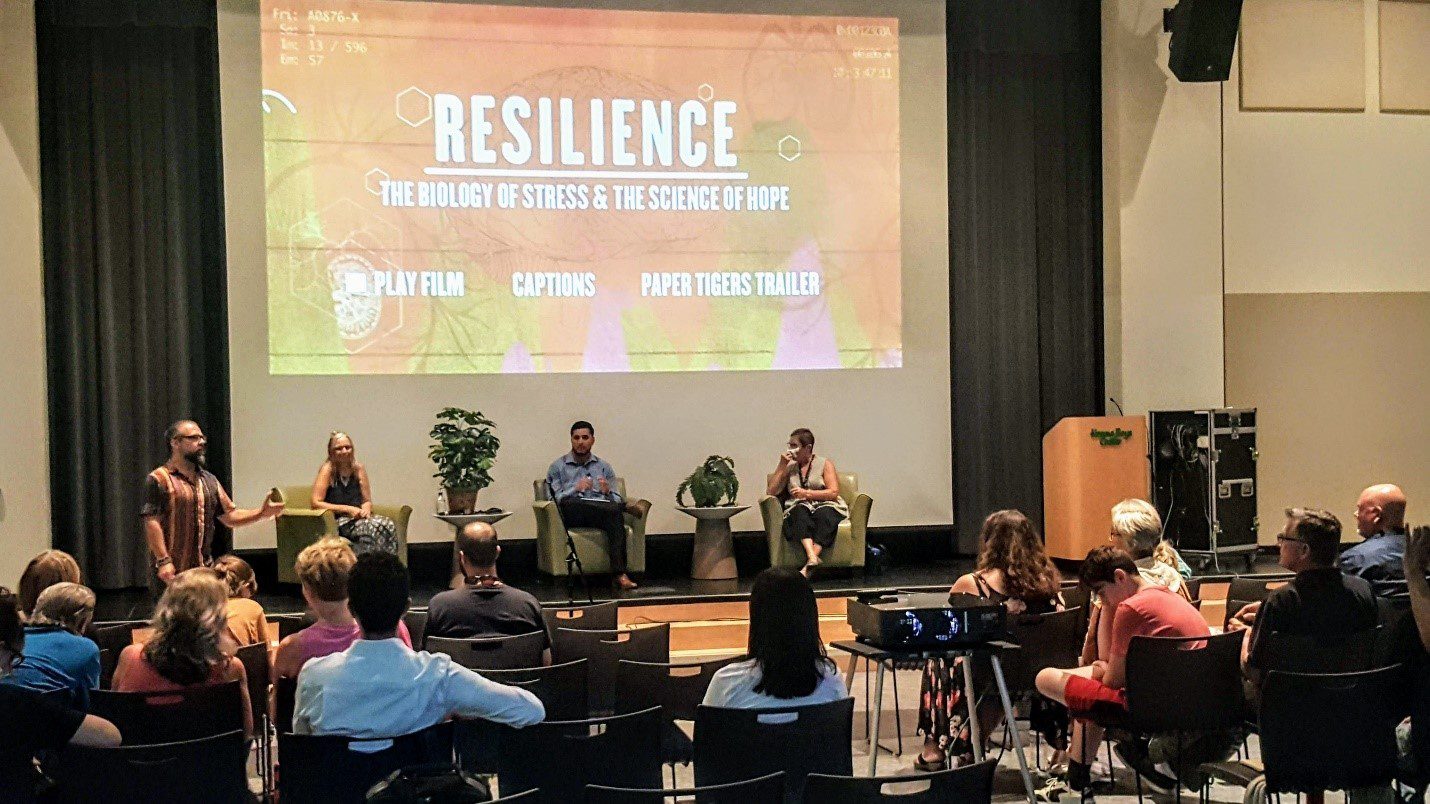Complex Trauma 101
Length: Three hours
Delivery: Live in-person or live virtual
This three-hour in-person workshop presents foundational knowledge on the topic of Complex Trauma. It meets the requirements towards the continuing education training of group home facility administrators. In this workshop, we discuss how complex trauma impacts the brain, body, and behavior of youth, and the domains often impacted by complex trauma. We examine populations most at risk of the negative impacts associated with Adverse Childhood Experiences (ACEs), such as those experiencing homelessness. Moreover, we apply a cultural lens, reviewing different types of traumas such as historical, racial, and intergenerational trauma.

By the end of this workshop, participants will be able to discuss aligning their current workplace practices with 6 trauma-informed care principles with a particular focus on the protective factors or “buffers” that can help enhance safety for at-risk youth, mitigating the effects of complex trauma. Two 10-minute breaks will be provided.
Note: This workshop has been adapted, with permission, from one of the trainings Hanna Center teaches as part of the west coast contingent of the Complex Trauma Training Consortium (CTTC), a national trainer-training and workforce development initiative that aims to establish sustainable expertise in complex trauma understanding, assessment, and treatment across the USA. The CTTC is a member of the National Child Traumatic Stress Network (NCTSN) and is comprised of a faculty of over two dozen subject matter experts diverse in race, culture, language, geography and lived experience.
Learning Objectives
- Review strategies to prevent or treat vicarious trauma of staff/providers
- Define complex trauma, historical trauma, intergenerational trauma, and racial trauma
- Examine how experiencing traumatic events and adverse childhood experiences (ACEs) can impact brain, body, and behavior
- Discuss 7 domains often impacted by the experience of complex trauma
- Align workplace practices with 6 trauma-informed care principles
- Avoid re-traumatization of youth by following the neuro-sequential model of therapeutics
- Promote protective factors to enhance safety for at-risk youth
Helping you help others
- Our bilingual and bicultural trainings place equity at the center of our work.
- Coursework approved for continuing education credit for a variety of professionals.

